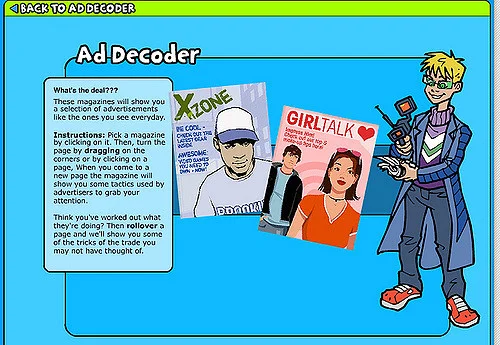Video Games & Problem Based Learning
/Is a good video game a form of problem-based learning (PBL)?
Problem-based learning (PBL) is a student-centered instructional strategy that asks learners to solve real, meaningful, complex and ill-defined problems. In pursuit of solutions (there are often multiple solution alternatives) students draw from their own experiences, actively acquire knowledge or skills that help them define and develop solution alternatives, and typically interact with others in the process.
Doesn’t that sound like the winning strategy for a well designed video game:
- It provides a series of complex, ill-defined challenges (the P.C. term for “problems”);
- There are multiple solutions that the play can use to meet the challenge;
- Players draw from their existing experiences,
- They actively seek out skills, knowledge, tools that will help them understand the challenge and defeat it, and
- Players can work with other players to meet the challenge, and create or join online groups that discuss the game and share strategies.
In an earlier post, Gee: What we can learn from video games, we posted a short video by James P. Gee that describes video games in a way that shows the similarity between video game-play strategy and PBL. Go take a second look.
In their March 21, 2012 Edutopia post James Gee: What Do Video Games Have to Do with Project-Based Learning?, Buck Institute for Education project-based learning experts David Ross and John Larmer ponder the PBL nature of video games that they learned from attending a James Gee presentation on the topic.
So as financial educators, a good financial game could provide and opportunity to use PBL to teach effective financial decision-making skills. What are your thoughts? Have you found such a game? If you have, please share the name of and your experience with the game.




















